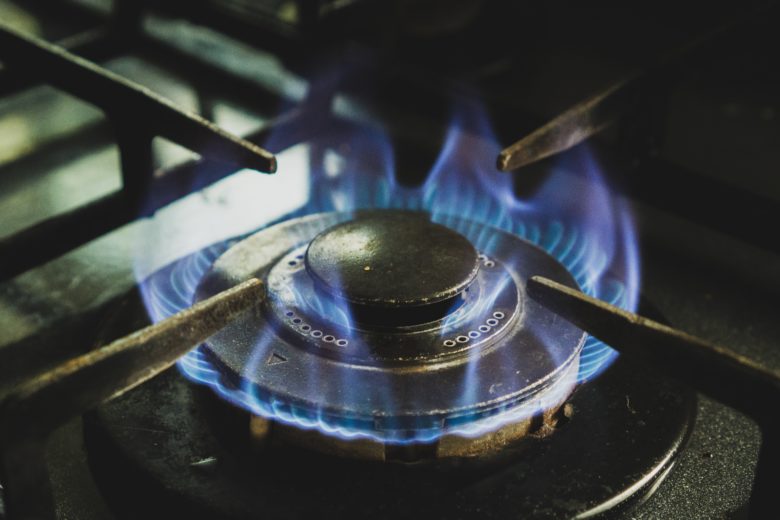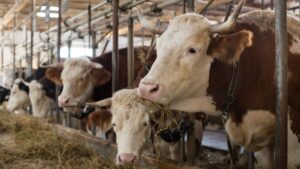Why EU should ask member states to save gas

July 21, 2022, Thursday, has long been regarded as a fateful day for future energy supplies in Europe. Because that will show whether Putin will turn on the gas tap again after the scheduled technical maintenance of the gas pipeline Nord Stream 1 – and if so, how far. Putin has already threatened to reduce gas supplies further if Russia does not get back a turbine repaired in Canada.
The gas supplies on which many EU countries are dependent continue to hang by a thread. That’s why the EU Commission is supposed to sound the alarm in Brussels today and will soon be presenting voluntary targets for the countries to reduce gas consumption. Countries should save gas “immediately”. According to the Financial Times, which has already seen a draft, these gas-saving targets should be made binding in the event of serious supply disruptions. “Acting jointly now will be less disruptive and costly, facilitating solidarity and avoiding the need for unplanned and uncoordinated actions later in a possible crisis situation with gas reserves running low,” reads the document according to Financial Times.
Russian gas supplies have long been the top priority. The head of the International Energy Agency (IEA) has already declared a “red alert” and said that “significant additional cuts” are needed to “prepare Europe for a harsh winter“.
RePowerEU: Europe’s plan for breaking the dependency from Russian oil and gas
Energy saving summit called for
The environmental protection organization WWF Austria calls on Chancellor Karl Nehammer to convene an energy-saving summit in the Chancellery because of the expected bad news from Brussels and Moscow. “It’s not enough to hope for further gas deliveries – we need binding measures now to reduce energy consumption and thus prepare ourselves for the next winter,” says Hanna Simons from the WWF.
The consequences of a gas stop from Russia are the subject of many calculations. According to Agenda Austria, around 70,000 people are at risk of unemployment if gas is no longer supplied. Then there is also the question of how much could be replaced from other sources. OMV recently announced that additional transport capacities to Austria of 40 TWh had been secured for the coming gas year (October 1, 2022 to September 30, 2023). This corresponds to almost half of Austria’s annual requirement. It is planned to import gas produced in-house from Norway on the one hand and liquefied gas on the other hand that has been purchased in this way.
But critics believe that even that is not enough. Because the gas first has to come into the country, and the 40 TWh only correspond to half of the annual requirement. “There is not enough gas for everyone for next winter,” said the former CEO of E-Control, Walter Boltz, in ZiB 2.
Potential savings
This means that saving energy is the order of the day. In addition, the WWF presented a study that states that energy savings of 45% of current final energy consumption are possible, namely from 301 to 167 TWh. Population and economic growth would be taken into account, all energy and mobility needs would be met “and prosperity would increase due to lower costs and better environmental conditions,” it says.
Here are the measures and their savings potential:
- Speed limits on rural roads (80 km/h) and motorways (110 km/h) save 1,744 GWh in the first year alone.
- Shifting ten percent of commuting from motorized private transport to public transport saves 919 GWh in the first year.
- Increasing the building renovation rate from 1.5 to 3.0 percent and at the same time improving the renovation quality to 35 kWh/m².a saves 778 GWh in the first year
- Upgrading or converting an additional five percentage points of bathroom and kitchen fittings to water-saving fittings saves 156 GWh in the first year.
- An additional ten percentage points of energy-efficient white goods (refrigerators, washing machines, etc.), saves 115 GWh in the first year.
- Covering one percent of second and third cars with eCarsharing offers saves 53 GWh in the first year.
The proposed measures for companies:
- Converting an additional ten percentage points of business cars to battery-electric vehicles saves 825 GWh in the first year.
- Increasing the building renovation rate from 1.5 to 3.0 percent and at the same time improving the renovation quality to 45 kWh/m².a saves 407 GWh in the first year.
- Retrofitting an additional five percentage points of the electric stationary motors with a speed control saves 337 GWh in the first year.
- Modernizing an additional ten percentage points of light commercial vehicles to battery electric vehicles saves 322 GWh in the first year.
- An efficiency check of 20 percent of the operational compressed air, pump and ventilation systems saves 192 GWh in the first year.
- Making an additional five percentage points of the process heat usable in service buildings (e.g. swimming pools or laundries) saves 15 GWh in the first year.
465 organizations from 50 countries call for a boycott of Russian oil and gas





























